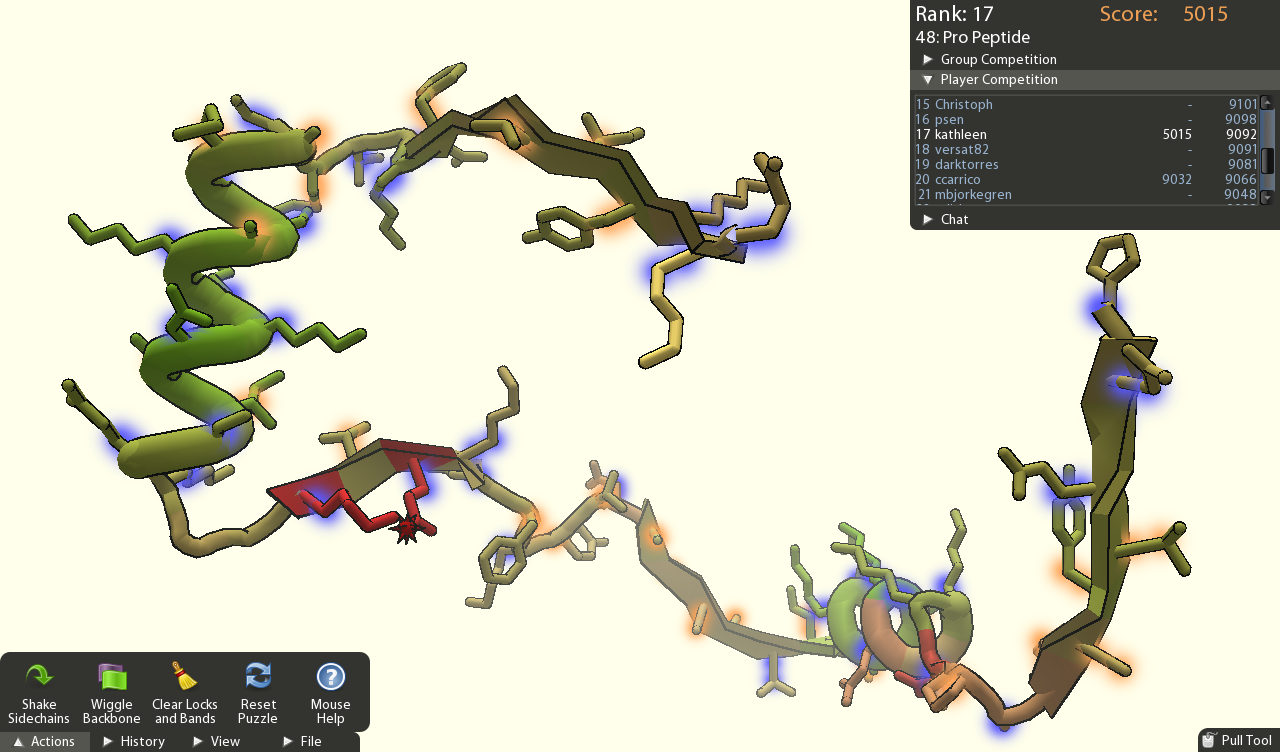There has never been a better time in history for us to become collectively engaged in addressing the challenges humanity faces including climate change, energy, food production, social, religious, national and political unrest, space and more.
That’s because the Internet and mobile telephone networks have made the sharing of collective knowledge ubiquitous. For many parts of the world this level of connectivity and abundance of shared knowledge is uncomfortable, particularly those areas under authoritarian rulers. In some cases religious leaders have felt threatened to the point of demonstrating Luddite behaviour. For those trying to hold back the rushing of water over their crumbling dams let me assure you the volume and speed will only increase as the years go by.
We are witnessing an unparalleled disruption as technology spreads around the planet. This is making us even rethink the definition of nations because an Internet-linked humanity is breaking down borders as ideas get freely shared. Today we have the mechanisms in place for group think, global problem solving, and all the benefits that entails. As the century unfolds we will see a very different world arise.
Group problem solving comes in a number of flavors. There is the free. There is learning at a small premium. Then there are challenge sites that reward participation in problem solving. Above that you find sites that invite you to help achieve a goal by contributing cash, and finally there are prizes for solving big problems while taking all the risks.
Knowledge Sharing
The Internet has been structured around free dissemination of information. Those who try to monetize information, such as online versions of print newspapers, or private encyclopedia publishers, have had little success in being able to sell information knowledge. That’s because they are competing against free online information services, knowledge aggregation sites and search tools. Two of the most notable knowledge gatherers and dispensers are Wikipedia and Google Search. Combine them and you can find out everything about almost anything. Even the knowledge search tools are experimenting. One of these, Wolfram|Alpha, describes itself as a computational knowledge engine, not a search tool, and states that its goal is to make“all systematic knowledge computable and broadly accessible.” Wolfram|Alpha offers a free and premium service, the latter costing $2.99 per month.
Crowdsourcing
Try to solve a problem? Crowdsource it. In a recent article authored by Murray Rosenbaum, a 15-year old student, writes in the Huffington Post about Foldit, a game created by scientists at University of Washington to help them understand the predictability of protein structures and their role in diseases. Proteins, one of which is the subject of a recent posting on this blog site, are the messengers that deliver instructions from DNA in our cells. Predicting the structure of proteins can help us to understand how we can design ways to combat diseases such as cancer, Alzheimer’s and HIV/AIDS.
Those who play Foldit (see image below) are actually predicting the design of proteins, particularly those which currently have no known structure. Gamers do not need to have prior knowledge of biology to play. The scientists report that the gamers are proving to be great at unlocking protein designs and predicting the way they fold (proteins like to fold rather than stay stretched out). And that is helping the scientists to advance cures.
Since it was rolled out more than 600,000 have played the game. And most recently Foldit added a new puzzle focused on finding answers to creating clean energy using a hydrogenase catalyst. Gamers are asked to build molecular structures that when placed near the centre of the catalyst encourage hydrogen formation from water.
Not to be outdone by the researchers at University of Washington, even DARPA has gotten into the act using crowdsourcing to help it design and manufacture an amphibious tank. For a list of crowdsourcing projects visit that free knowledge aggregation site – Wikipedia. The list is extensive.
Crowdfunding
My first experience with crowdfunding came when I joined Kiva several years ago. Kiva is a micro lender focused on loans to entrepreneurs in the Developing World. Projects are listed and described on the website and investors choose to contribute $25 towards the total amount requested. When the loan value is reached the money is sent and managed by a local micro-lender on behalf of Kiva. So far I’ve made 33 loans for projects in 20 countries with no defaults.
Whereas Kiva sets a specific target and vests the money once that target is reached, other crowdfunding sites allow pledgers to exceed the investment target. A few weeks ago I wrote about one, the GravityLight, (as seen below) a product that has raised $382,000 using a crowdfunding site called Indiegogo. The initial goal was $55,000. The deadline is tomorrow, January 15.
Probably the best known of the current crowdfunding sites is Kickstarter with virtually thousands of projects seeking funding. When I visited Kickstarter today it listed all kinds of projects from the arts to publishing. I focused on the 91 technology projects each seeking funding and read about one of the most recent successes, Form 1, a high-resolution 3D printer. This project received almost $3 million from 2,068 backers, 3000% over the requested investment target. In return the pledgers will receive gifts with those contributing $2,299 or more getting a Form 1 3D printer.
And crowdfunding is even coming to the scientific research community. Check out Petridish.org a site that is helping scientists raise money for laboratory experiments and research projects with the biggest pledgers receiving rewards like having a beetle named after them.
X Prizes
Offering a purse or prize for a successful outcome goes back to the 18th century when the parliament of the United Kingdom rewarded cash for the development of navigation aids for long sea voyages. That’s how longitude was invented.
In the 19th century the French Academy offered an engineering prize to the developer of a chemical process for extracting soda from seawater. The 100,000 francs paid out to the chemist who made the discovery fathered the beginnings of modern chemical engineering.
Lindbergh’s solo flight across the Atlantic in 1927 was in pursuit of the Orteig Prize, a $25,000 award from a New York hotelier. In achieving his feat Lindbergh opened a door to commercial aviation.
Today lots of organizations offer prizes but the X Prize remains the one with the most panache because it made the biggest splash in 2004. The 10 million awarded to the developers of SpaceShipOne for its successful suborbital flight was the largest prize ever awarded for a technological feat. And the fallout from the first commercial suborbital flight has led to the beginnings of a private enterprise push to space.
A second X Prize competition in 2010 produced three winners who built vehicles capable of achieving 2.35 liters per 100 kilometers (100 miles per gallon) over a 160 kilometer (100 mile track). The vehicles belonging to Edison2, Li-on Motors and X Tracer can be seen from left to right in the images below.
Today there are many X Prizes on the go and many more being formulated. Here are just a few of them:
- The Archon Genomics X Prize, $10 million for the first team to sequence the DNA of 100 humans over the age of 100 for $10,000 or less per genome with accuracy of no more than one error in every 100,000 base pairs.
- A Google sponsored Lunar X Prize offering $30 million to the first private organization to send a robot lander to the Moon, travel 500 meters across its surface and send video, images and data back to Earth. Currently there are 25 teams in the running with the completion deadline of 2015.
- The Qualcomm Tricorder X Prize, a global competition to develop a technology similar to the tricorder used on Star Trek by 2015.
- And the just announced Wendy Schmidt Ocean Health X Prize, a $1.5 million competition to develop pH sensor technology to help measure ocean acidification accurately.





















[…] we are seeing AIs excel at some scientific tasks. One is protein folding. Back in 2013, I posted an article about FoldIt, a game created by scientists at the University of Washington to help understand protein structures […]